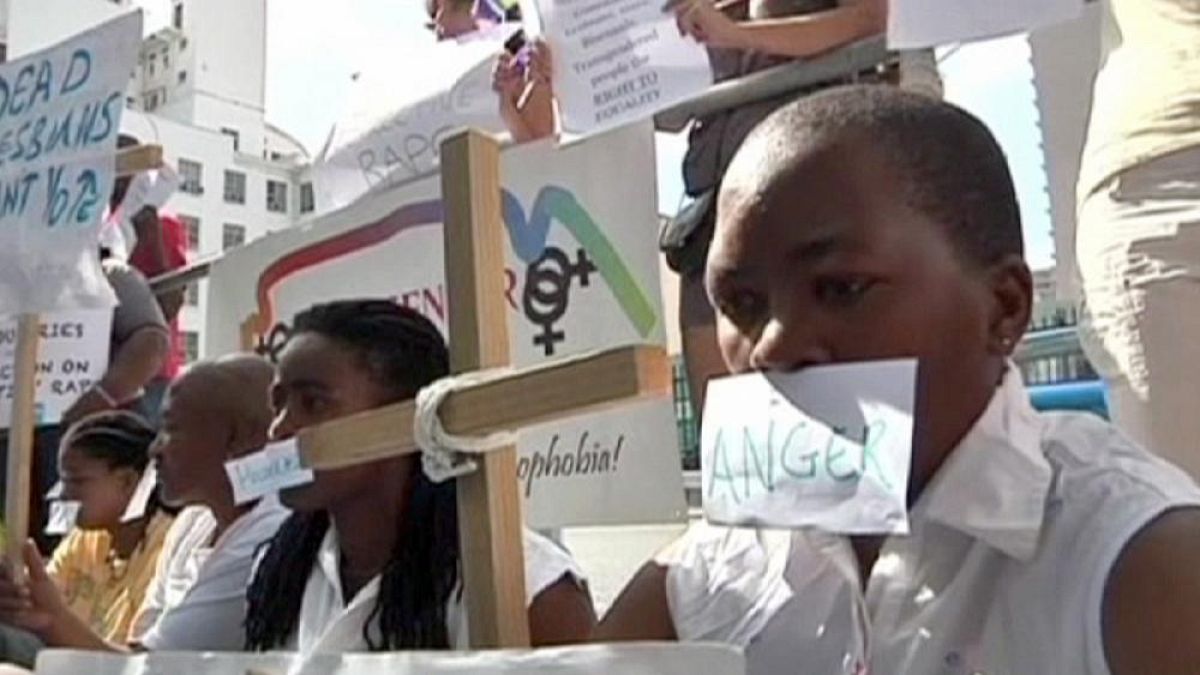The European Court of Justice barred the "sexuality tests" from being used as grounds to reject an asylum application.
Europe’s top court ruled on Thursday that psychological tests on a person's sexual orientation are not enough to reject asylum claims for people seeking refuge from countries where homosexuality is illegal.
The European Court of Justice decision bars the controversial tests used to determine homosexuality for asylum seekers and made the ruling binding in all 28 EU states.
The performance of such a test amounts to disproportionate "interference in the private life" of the asylum seeker, said the court.
The ECJ ruling refers to the case of a Nigerian man who was put under psychological tests by Hungarian authorities to determine if he was gay.
The unidentified man filed a request for asylum in the Hungarian city of Szeged in April 2015, at a time when Hungary began facing a surge of illegal migrants from Africa, said Reuters.
The tests the man had to undergo included drawing a picture of a person in the rain and the Rorschach inkblot test, which analyses personality characteristics on the basis of the participant's perception of inkblots.
The state-appointed Hungarian psychologist who studied the case concluded that the Nigerian man was not gay, resulting in the rejection of his application and prompting an appeal.
The ECJ determined that expert opinion must stay consistent with human rights and could not be grounds for a ruling, making the Hungarian experts' conclusions not enough for a verdict.
"Authorities must be equipped to determine the reliability of a person's claim," added the court.
In December 2014 the ECJ ruled on a similar case in the Netherlands and in 2013 the ECJ ruled gay asylum seekers could claim refugee status over fear of persecution for their sexual orientation in their home country.
